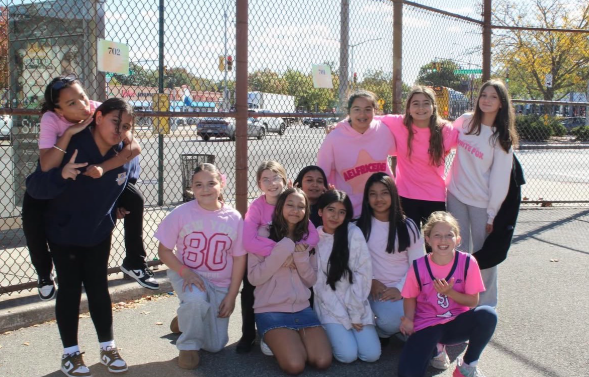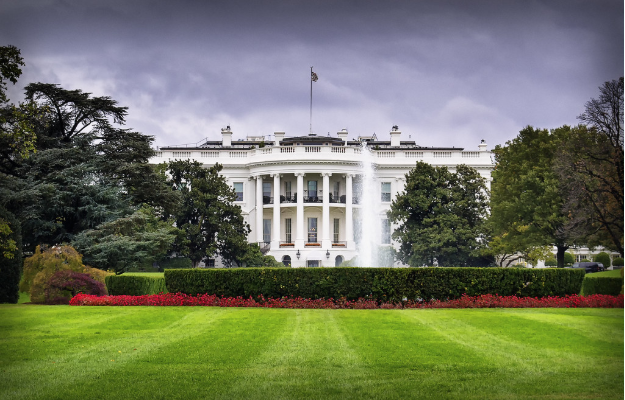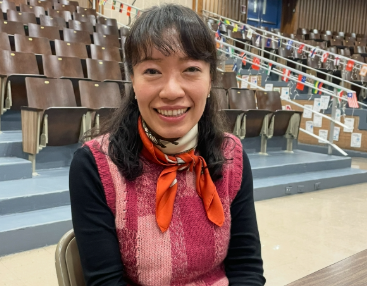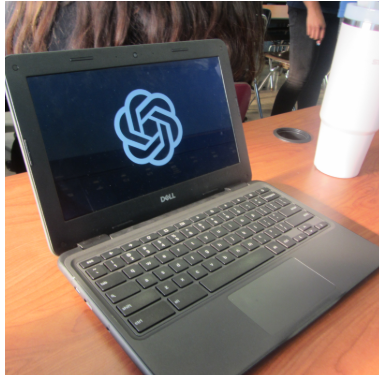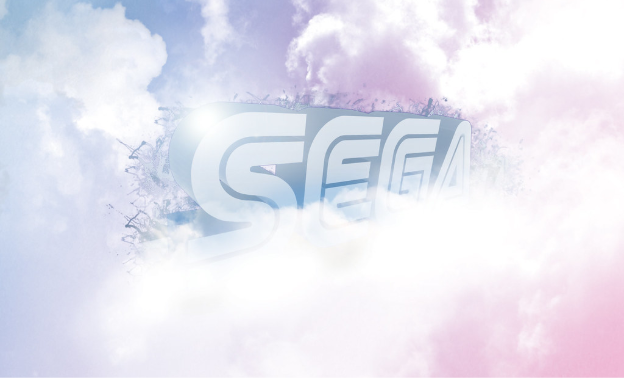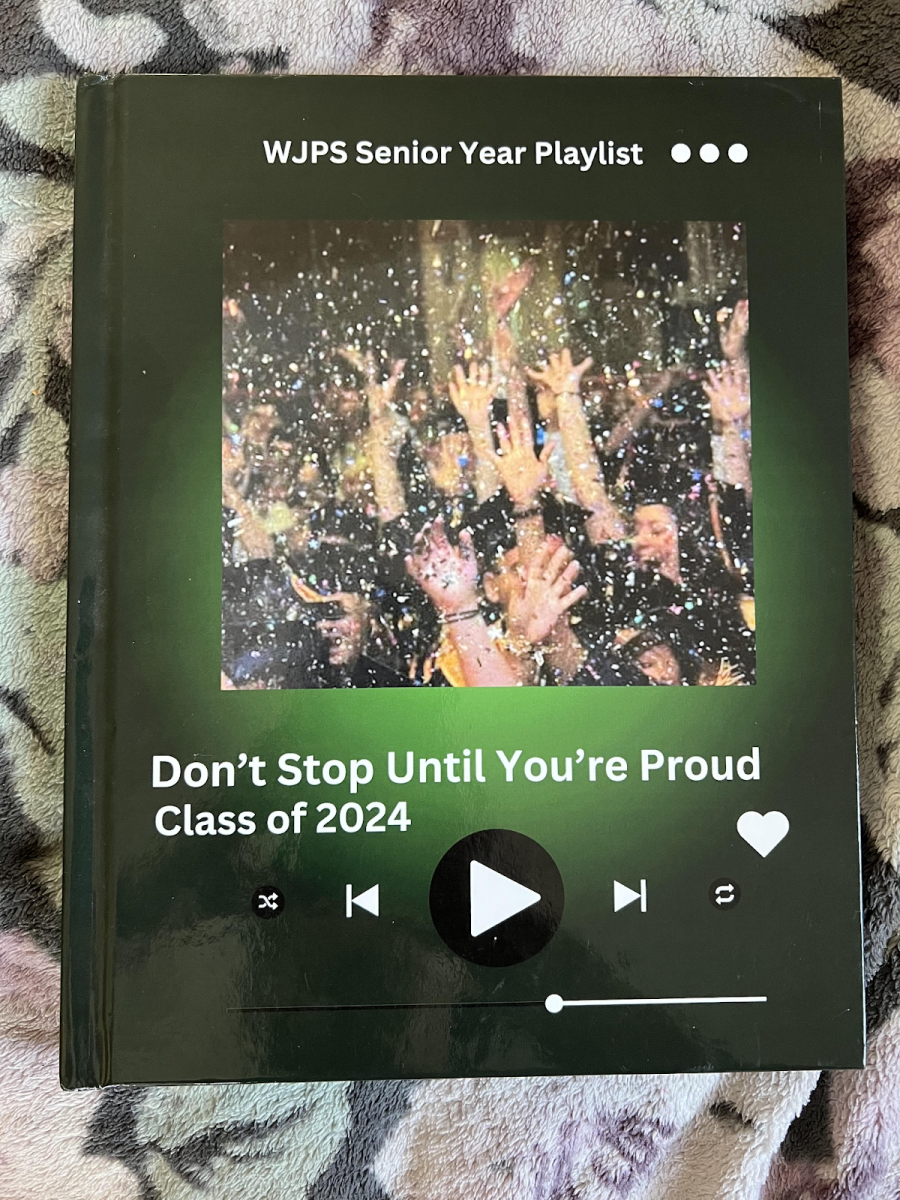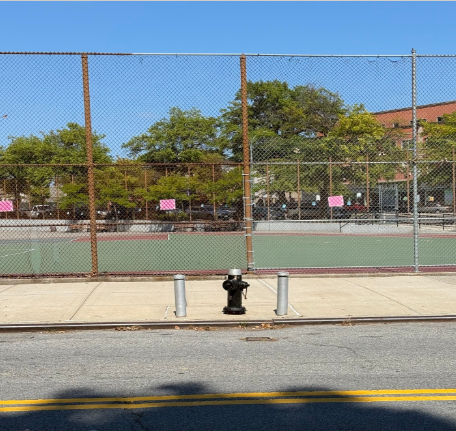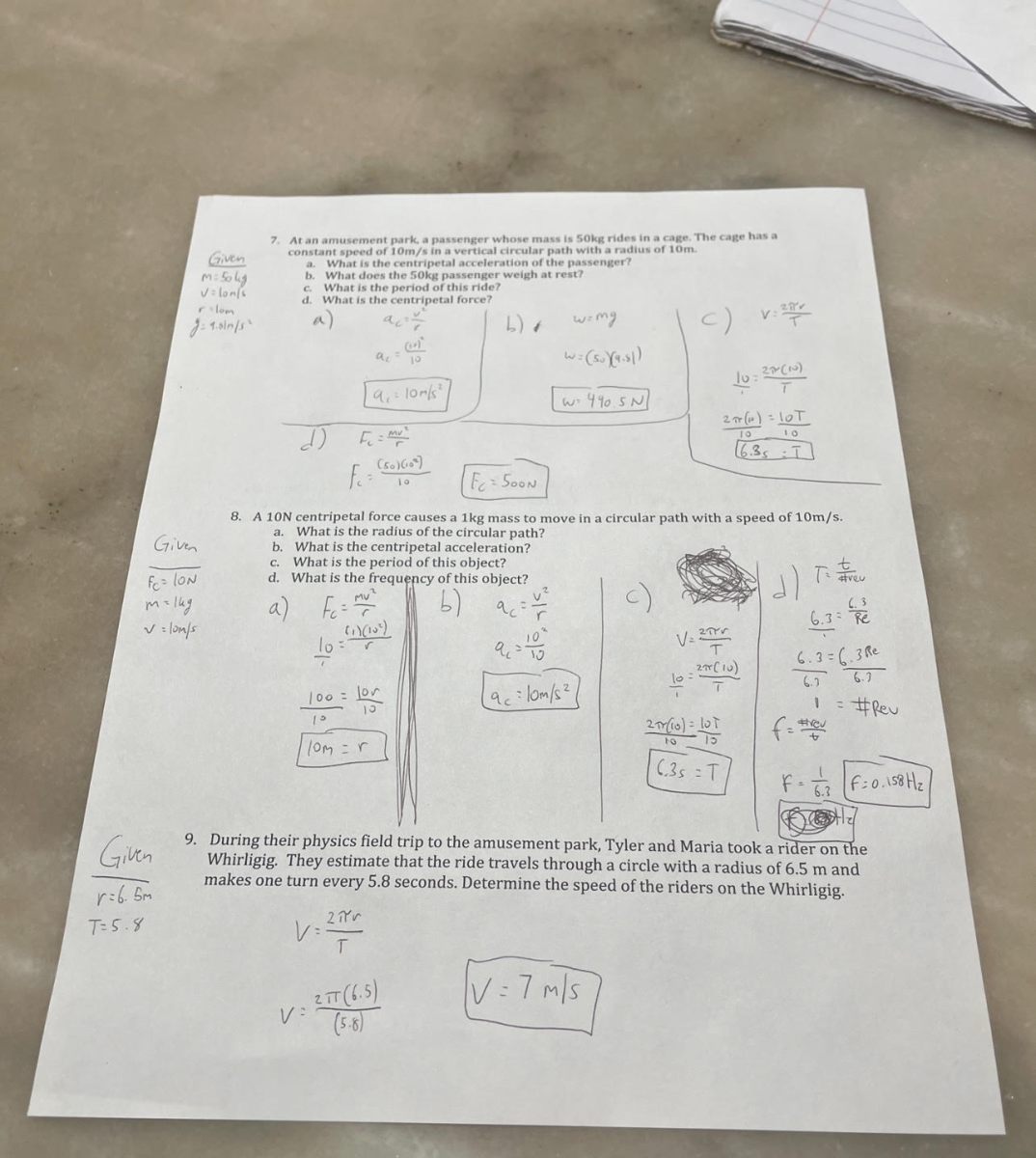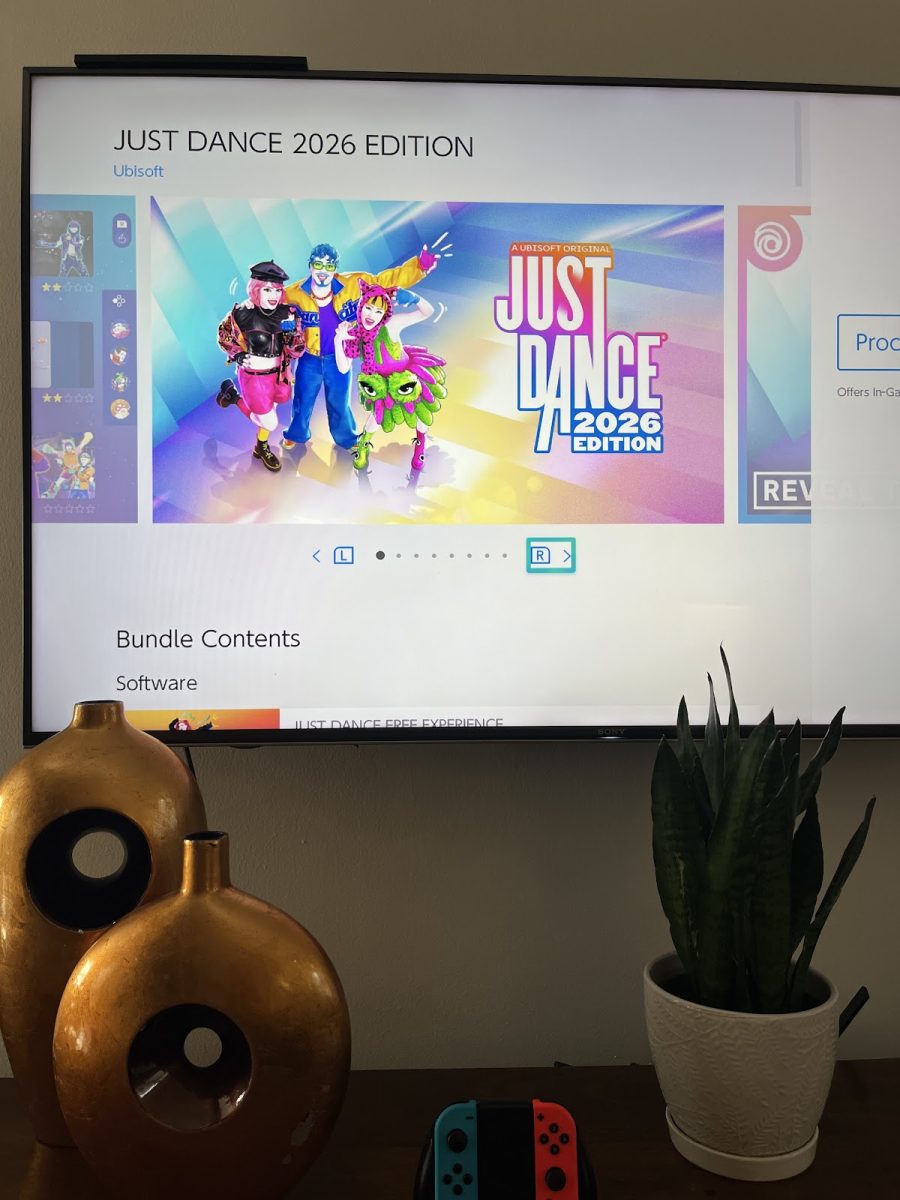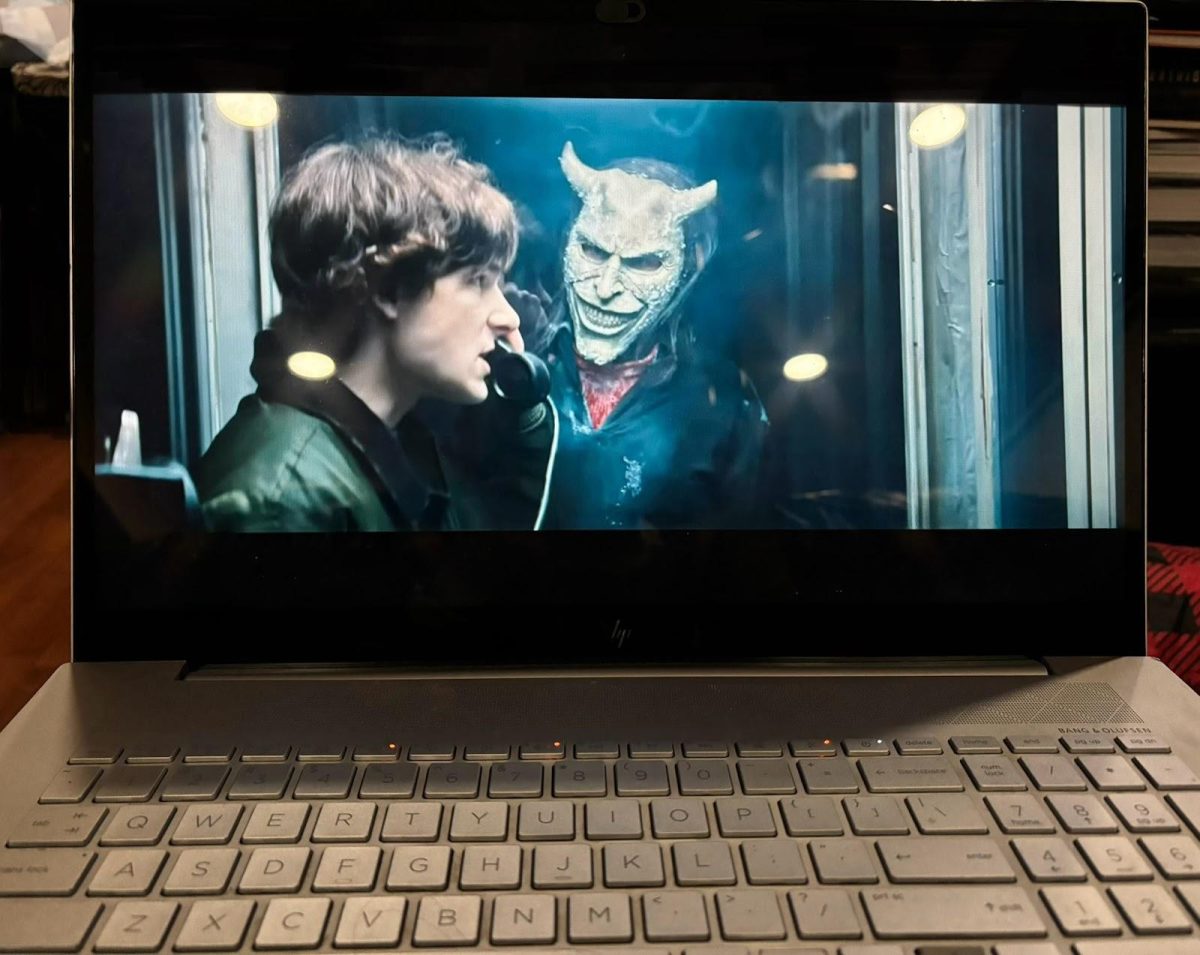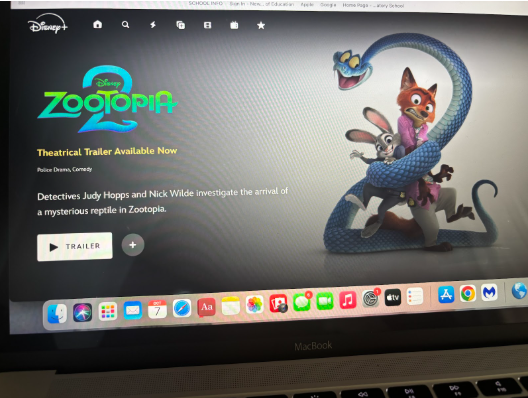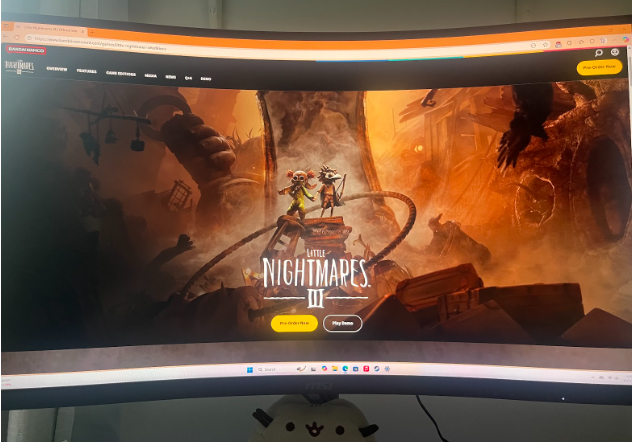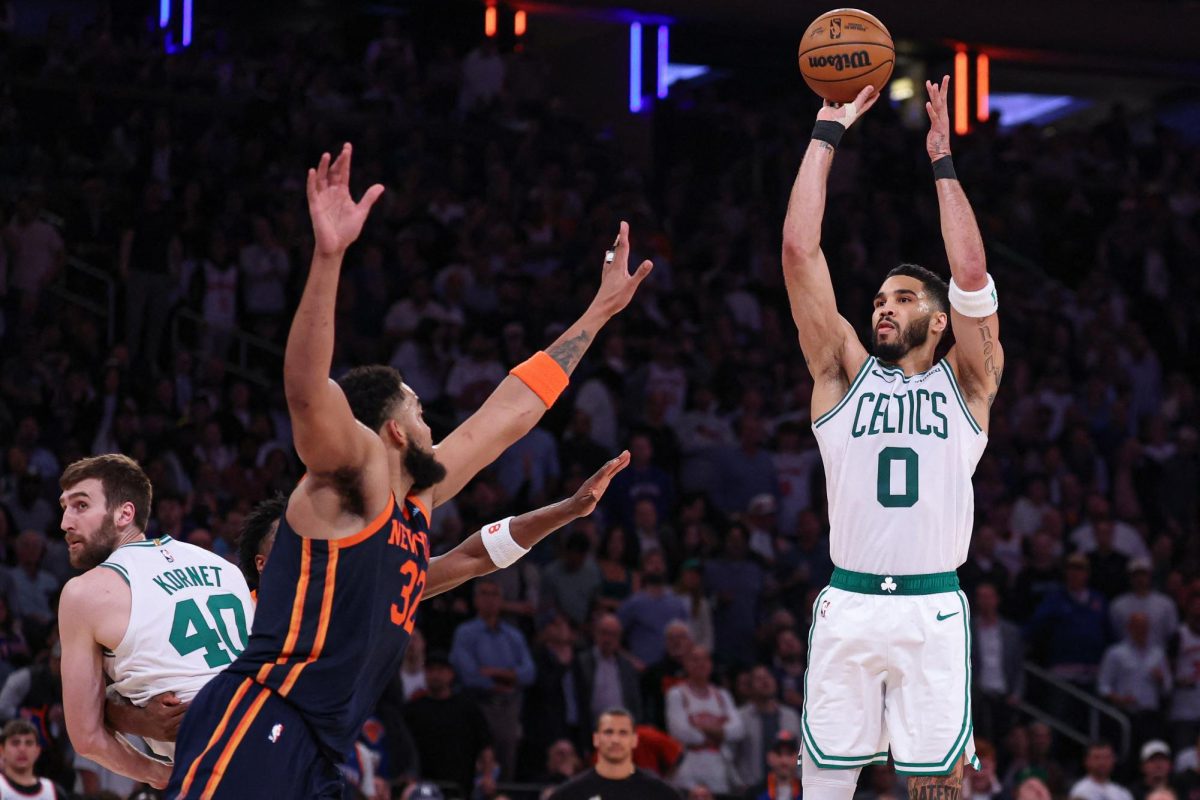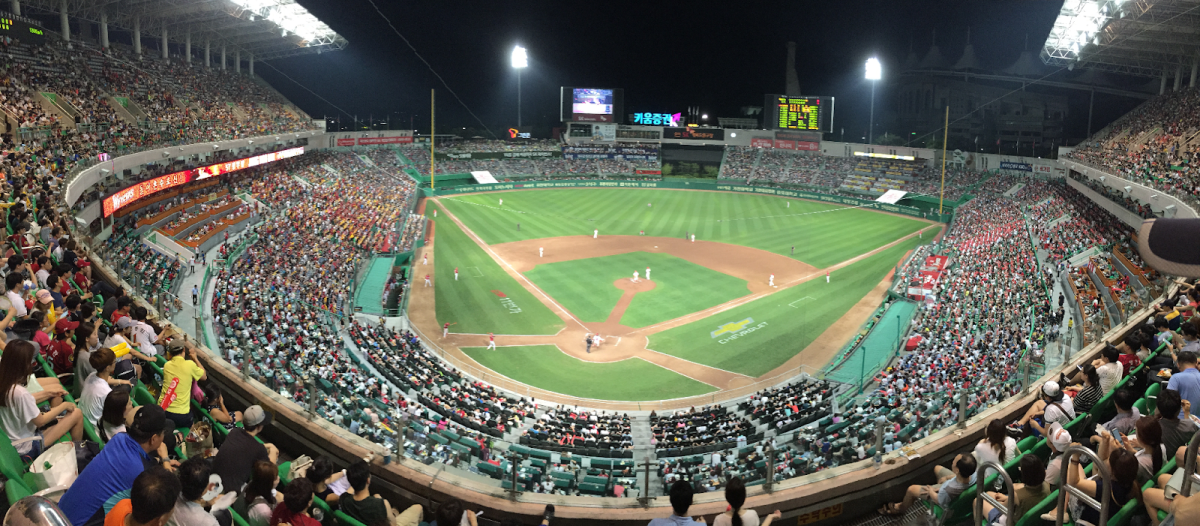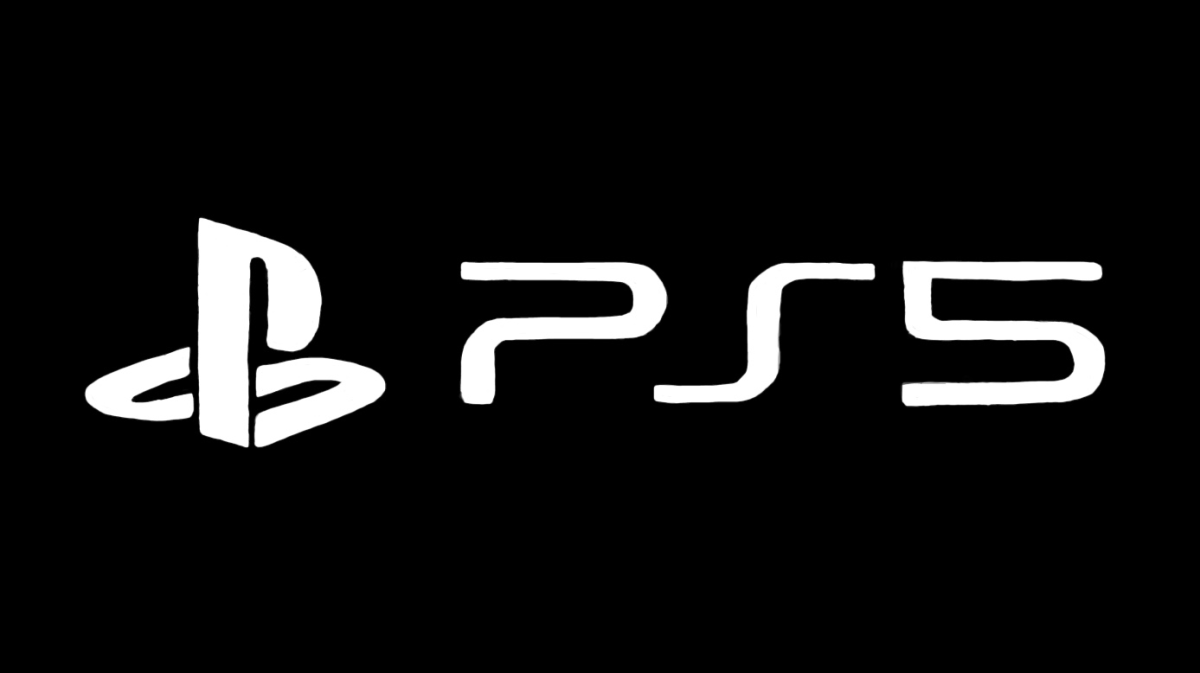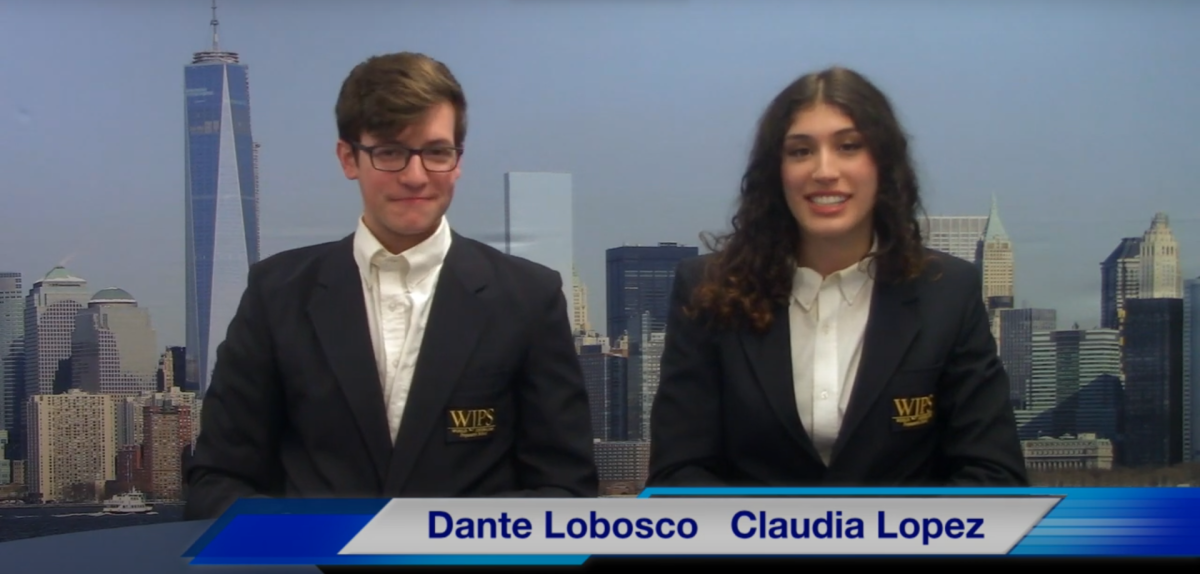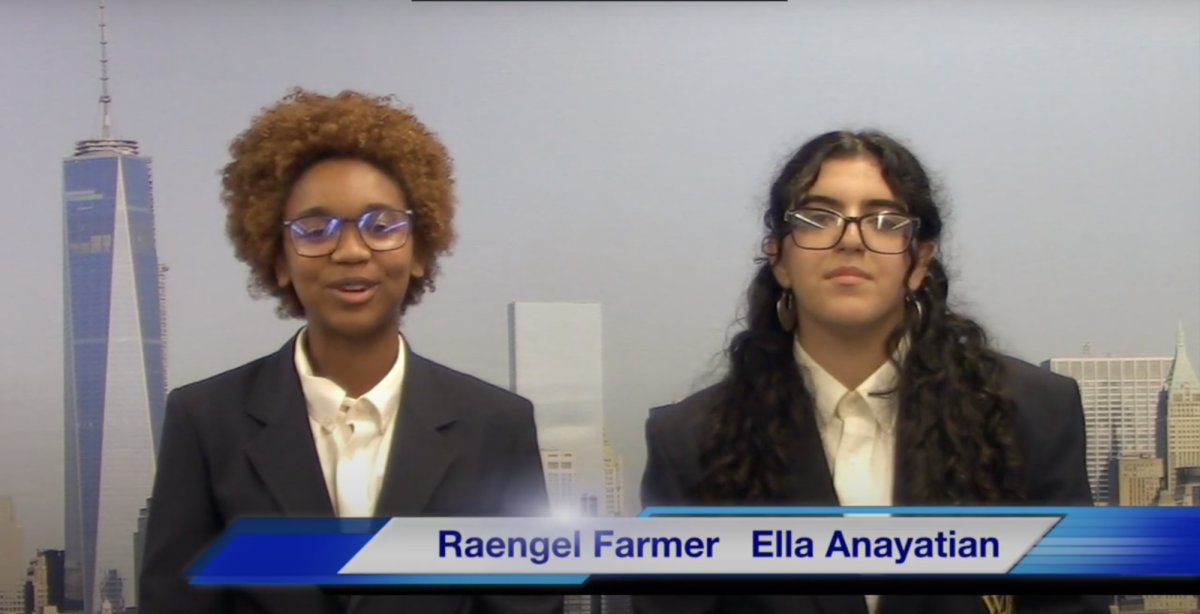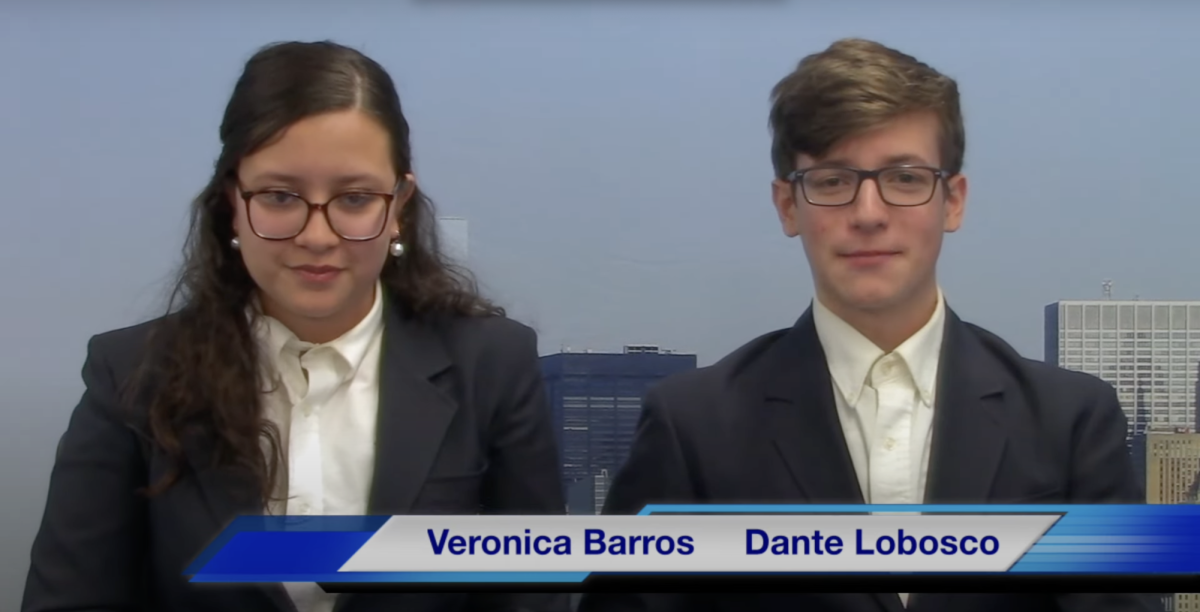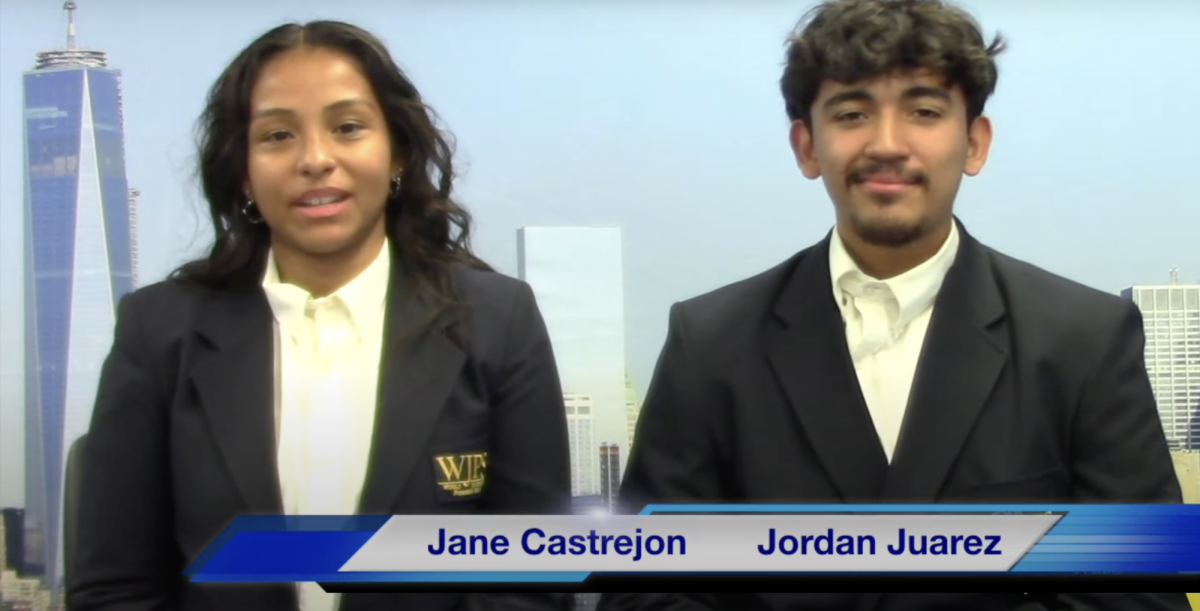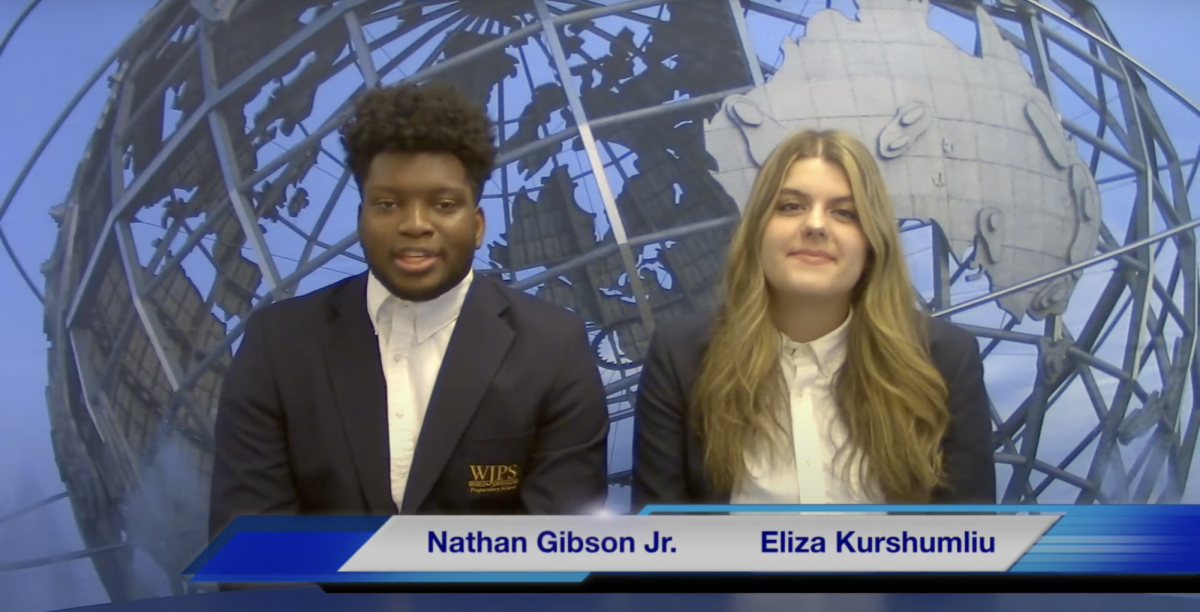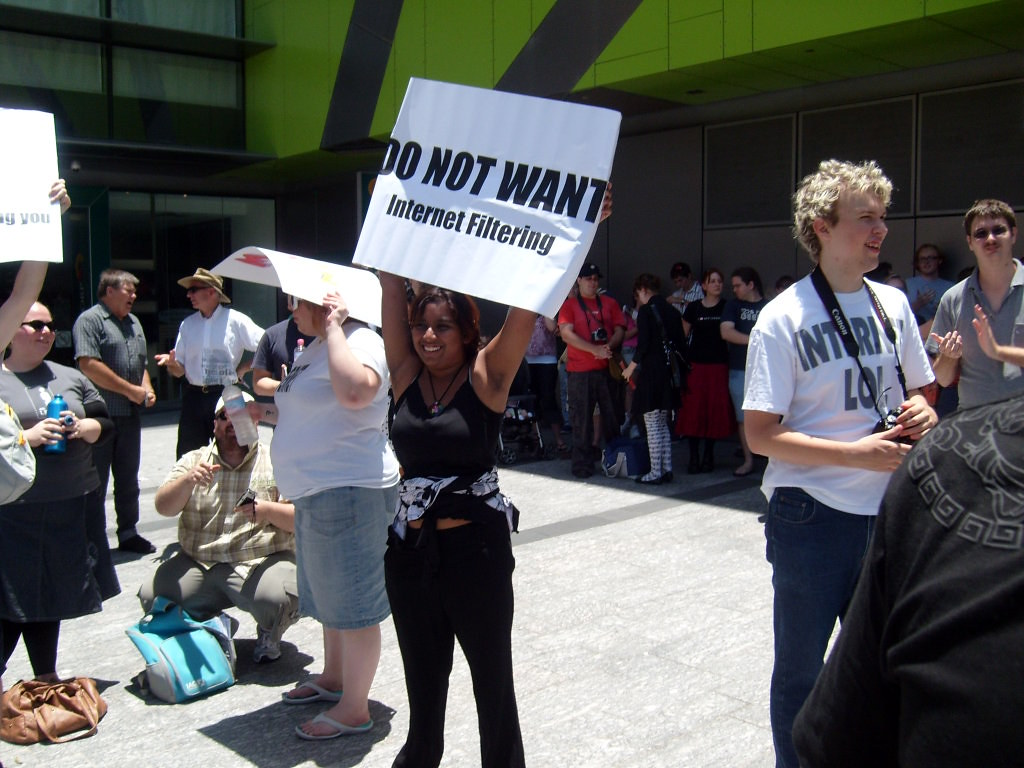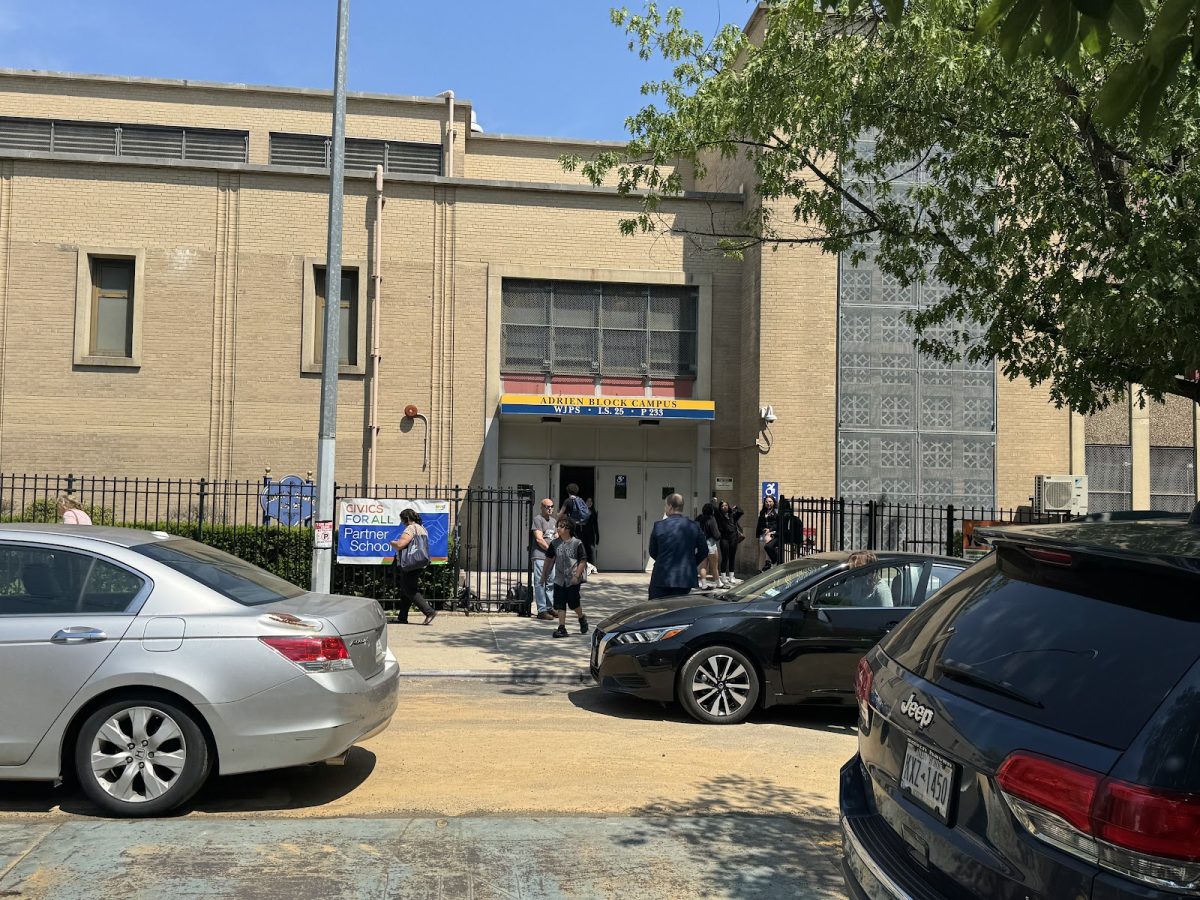In a world centering the people, it is through the individual voices that we’ve accumulated striking developments and progression in times of need for movement. Thus, when centering our focus on censorship, does it then stand as a concerning conflict? Does preventing the freedom of ideas and expression hinder social change?
By limiting the exchange of diverse perspectives censorship undermines democracy and human rights as a proper democracy allows for its society to have liberty in expressing its opinions and thoughts without the fear of suppression. Consequently, when voices are silenced, it creates an environment of oppression and props an unfair power dynamic of a government’s authority over its people.
Additionally, censorship stumps intellectual growth and innovation, as restricting access to information directly sabotages the full potential of critical thinking or exploration of new concepts. The efficiency of needed advancement in our constantly evolving time directly depends on sharing proposals as it engages creativity and motivates a collaborative outcome.
WJPS 11th grader, Ella Anayatian said, “Censorship is a fundamental need for successful societies to converse and collaborate.”
WJPS 12th grader, Vianka Carlin Zuniga said, “Censorship denies people the right to form their own biases and opinions by filtering their information.”
Overall, when governments inhibit censorship they simultaneously jeopardize the value of their society as a whole and participation in the global world we live in. By protesting and using the power of our voices, can we then use them to fight for those who are silenced, forming a more open, inclusive, and truthful world.
“internet censorship protestors 2” by GnuChris is licensed under CC BY-SA 2.0.

